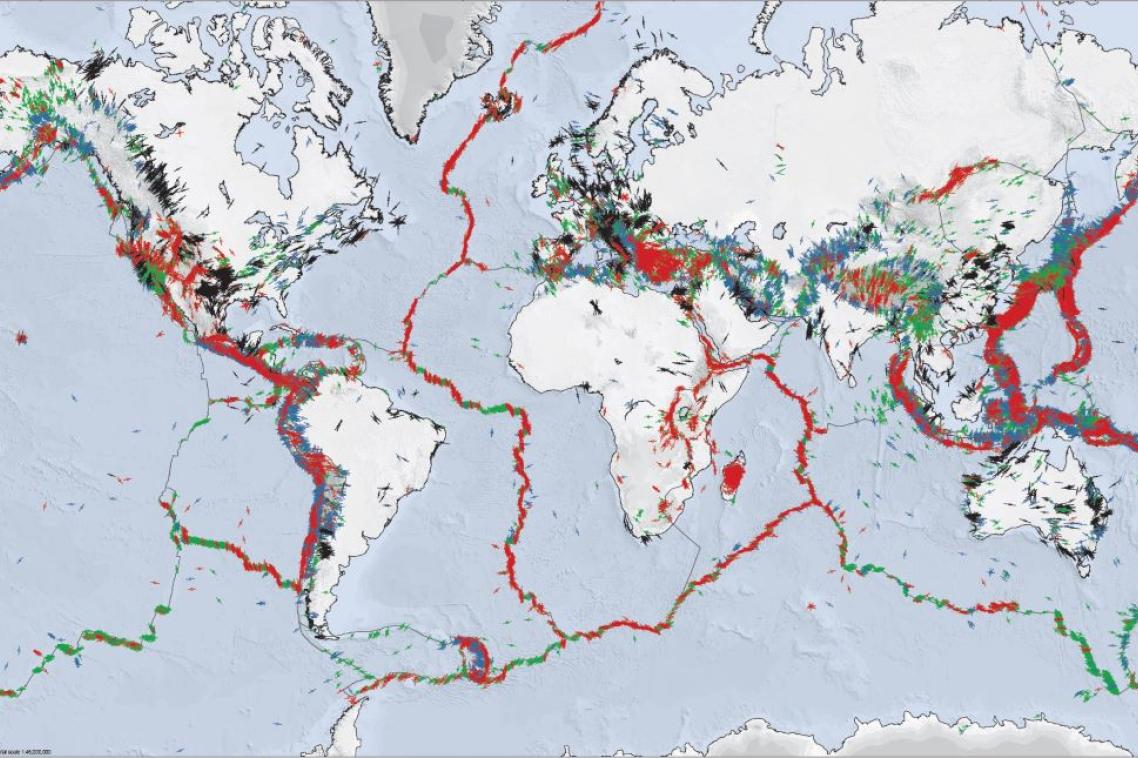Climate change not so global
Scientists are calling for a better understanding of regional climates, after research into New Zealand's glaciers has revealed climate change in the Northern Hemisphere does not directly affect the climate in the Southern Hemisphere.
The University of Queensland study showed that future climate changes may impact differently in the two hemispheres, meaning a generalised global approach isn’t the solution to climate issues.
UQ School of Geography, Planning and Environmental Management Head Professor Jamie Shulmeister said the study provided evidence for the late survival of significant glaciers in the mountains of New Zealand at the end of the last ice age – a time when other ice areas were retreating.
“This study reverses previous findings which suggested that New Zealand's glaciers disappeared at the same time as ice in the Northern Hemisphere,” he said.
“We showed that when the Northern Hemisphere started to warm at the end of the last ice age, New Zealand glaciers were unaffected.
“These glaciers began to retreat several thousand years later, when changes in the Southern Ocean led to increased carbon dioxide emissions and warming.
”This indicates that future climate change may impact differently in the two hemispheres and that changes in the Southern Ocean are likely to be critical for Australia and New Zealand.”
The study used exposure dating of moraines - mounds of rocks formed by glaciers - to reconstruct the rate of ice retreat in New Zealand’s Ashburton Valley after the last glacial maximum – the time when the ice sheets were at their largest.
The researchers found that the period from the last glacial maximum to the end of the ice age was longer in New Zealand than in the Northern Hemisphere.
They also found that the maximum glacier extent in New Zealand occurred several thousand years before the maximum in the Northern Hemisphere, demonstrating that growth of the northern ice sheets did not cause expansion of New Zealand glaciers.
“New Zealand glaciers responded largely to local changes in the Southern Ocean, rather than changes in the Northern Hemisphere as was previously believed,” Professor Shulmeister said.
“This study highlights the need to understand regional climate rather than a global one-size-fits-all.”
The research was conducted in collaboration with the University of Griefswald, Germany, the Australian Nuclear Science and Technology Organisation, and the University of Canterbury, New Zealand, and published in the Proceedings of the National Academy of Science in July.
Media: Professor Jamie Shulmeister, 0401 001 254, james.shulmeister@uq.edu.au; Aimee Parker, Marketing and Communication Officer, 3346 1629, a.parker3@uq.edu.au
Topics
Related articles

Strict regulations for street stalls a drain on vibrancy

Queensland underground data reshapes our understanding of tectonic plate stress
Media contact
UQ Communications
communications@uq.edu.au
+61 429 056 139
